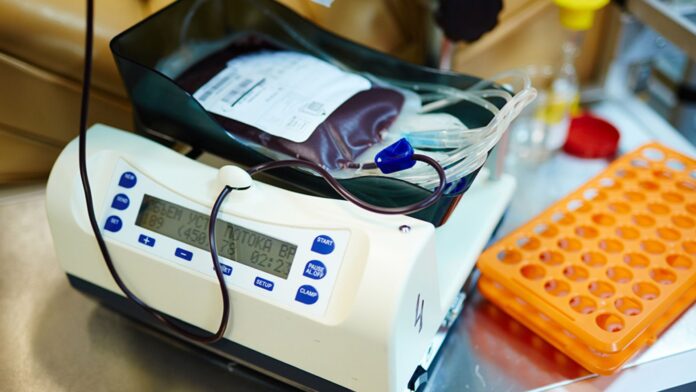World Hemophilia Day is observed every 17th of April to spread awareness about hemophilia, von Willebrand Disease, and other bleeding disorders. Increased awareness comes with better diagnosis and health care access to those who remain untreated.
Hemophilia slows down the blood clotting process. According to the Center for Disease Control and Prevention (CDC), “Hemophilia is caused by a mutation or change, in one of the genes, that provides instructions for making the clotting factor proteins needed to form a blood clot. This change or mutation can prevent the clotting protein from working properly or to be missing altogether.”
Severe cases of hemophilia can result in bleeding joints that lead to joint disease and pain, and bleeding in the brain that leads to seizures and paralysis.
According to the Hemophilia Advocates Philippines (HAP), there are around 10,000 Filipinos who have hemophilia but only about 1,500 cases are registered with the Philippine Hemophilia Foundation.
Most Filipinos with hemophilia are from the marginalized sector who do not have access to medicines or cannot afford treatment. Moreover, only very few hospitals in the country are equipped to treat people with bleeding disorders.
According to CDC, “the best way to treat hemophilia is to replace the missing blood clotting factor so that the blood can clot properly. This is done by infusing (administering through a vein) commercially prepared factor concentrates.”
The “Bleeding Disorders Standard of Care Bill Act of 2019” was proposed to make treatment for bleeding disorders available to Filipinos. The bill aims to provide the following:
• Ensure adequate treatment of hemophilia at the lowest possible cost and make them available for free to indigent patients.
• Ensure the establishment of treatment centers in public hospitals
• Establish a standard of care for patients with bleeding disorders in order to provide necessary and appropriate medical care.
The bill is still pending in the committee as of 2019.


